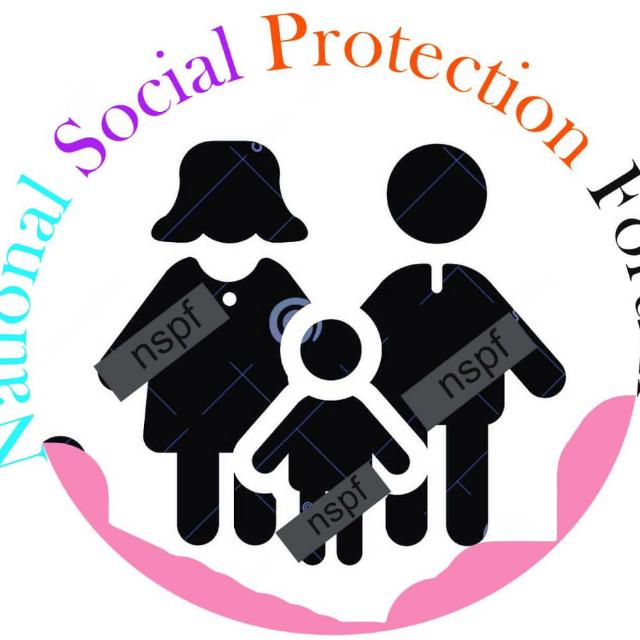Health
Palliatives: Forum asks NEC to rescind decision on social register

The National Social Protection Forum (NSPF) has asked the National Economic Council (NEC), to reconsider its stand on the National Social Register (NSR), because “it was developed in line with global best practices”.
The NEC had, on July 21, directed state governments to develop a comprehensive social register for vulnerable people to benefit from the planned Federal Government palliatives, following fuel subsidy removal.
The directive, according to NEC, is on the grounds that the current NSR lacks credibility with majority of the poor and vulnerable in the register having no bank accounts.
However, the forum, in a statement signed by its National Coordinator, Dr Taiwo Benson, in Abuja on Monday, described the development as “very unfortunate”, considering the huge resources that went into developing the register.
According to the forum, the register is highly credible considering its bottom-up approach, with active community participation in defining and identifying the poor and vulnerable households among them.
“We wish to state categorically that the register was developed and compiled using transparent and participatory processes.
“The development process, which was community-based, involved multi-sectoral stakeholders, led by local and state government officials across the 36 states and the FCT, in line with global best practices.”
The NSPF, a group of civil society organisations and media, working on the social protection space, explained that the register was developed through a community-based targeting approach.
They said that the approach, supported by the World Bank, involved the community defining what poverty and vulnerability means to them and, based on that definition, identify the poor and vulnerable among them.
The identified poor and vulnerable households were then enumerated and captured, using a digital platform.
“The final stage is the Proxy Means Test where data is gathered by the enumerators and used to create a proxy of incomes and needs of the households.
“The households were then ranked into deciles of the poorest and the most vulnerable in each community.
“The NSR, therefore, is a repository of poor and vulnerable households, aggregated from the states’ Social Registers,” they said.
The group said that rather than jettison the NSR or the SSR, the Federal and State governments should take time to understand the development process and address identified gaps to improve quality.
They stressed that there was no perfect social register anywhere in the world.
“What is required is a document flflexible enough to accommodate emerging trends and needs. It could be subjected to periodic reviews and updates.”
The forum said that the register, as at June 30, consisted of 15.73 million households made up of 62.82 million individuals covering 177,421 communities in 8,000 electoral wards from 764 Local government areas.
They added that nine million individuals from four million poor and vulnerable households in the register have bank accounts as part of continued efforts to ensure financial inclusion.
“The NSR has been applauded internationally because of the integrity and credibility of the data, while several countries have visited Nigeria to study the development process of the register.
“Also, about two million poor and vulnerable households were selected from the social register and benefited from the National Cash Transfer Programme and each household received N10,000 every two months.
“One million households also received N30,000 in six months as cash transfer under the Federal Government COVID-19 Rapid Response Register (RRR).
“Other agencies that have selected beneficiaries from the register include the National Health Insurance Authority and the state’s Contributory Health Management Scheme, including the World Food Programme, United Nations Development Programme, UN Women and UNICEF,” the group said.




 Davido's Net Worth & Lifestyle
Davido's Net Worth & Lifestyle 
